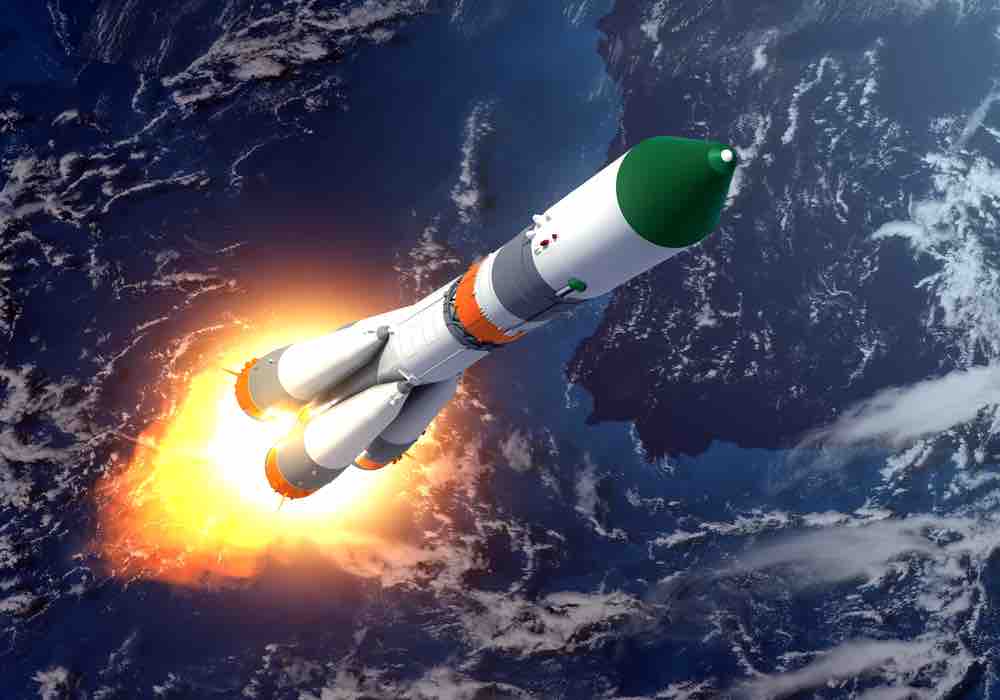SpaceX, the private space exploration company founded by Elon Musk, has been forced to delay the launch of its massive Starship rocket due to a pressurization issue. The company had hoped to launch the rocket in the coming days, but the issue has caused a delay while engineers work to resolve the problem.
The Starship rocket is one of the most ambitious space exploration projects in history. The rocket is designed to carry both people and cargo to the moon, Mars, and beyond. SpaceX has already made significant progress on the rocket, with several successful test launches and landings of prototype versions.
However, the pressurization issue that has caused the delay is a reminder that space exploration is still an incredibly challenging and complex endeavor. Even with the most advanced technology available, unexpected problems can arise that require careful attention and problem-solving.
SpaceX has not released many details about the pressurization issue, but it is believed to be related to the rocket’s fuel tanks. Pressurization is critical in rocket design because it helps to ensure that the fuel flows smoothly and safely through the rocket’s systems.
This delay is not the first setback that SpaceX has faced in its Starship rocket development. The company has encountered numerous technical challenges along the way, including several high-profile test failures. However, SpaceX has been persistent in its efforts to overcome these obstacles, and the company remains committed to its ambitious goals for space exploration.
Despite the delay, SpaceX is optimistic that it will be able to resolve the pressurization issue quickly and resume work on the Starship rocket. The company has not yet announced a new launch date, but it is expected that the delay will be relatively short-lived.
In the meantime, SpaceX continues to work on other projects, including launching satellites and resupply missions to the International Space Station. The company also recently announced plans to launch its first civilian crew into space later this year, marking a major milestone in the commercial space industry.












